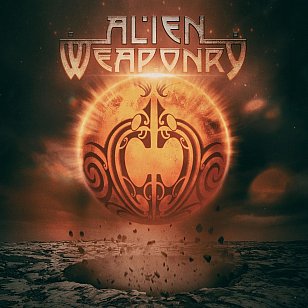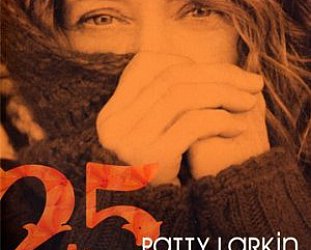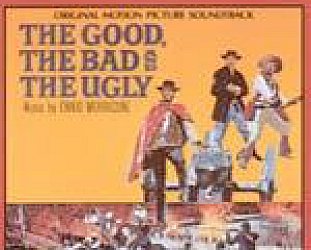Graham Reid | | 1 min read
Crown

Lest we forget – and perhaps some never knew – Jamaican reggae was originally a rebel music giving voice to cultural outsiders like Rastafarians and Nyabinghi followers, the marginalised and dispossessed. And those who rejected society.
It was adopted as such in this country by bands like Herbs, Aotearoa, Dread Beat and Blood, Unity Pacific and others because it spoke to those on the periphery of society who felt angry or aggrieved.
But it has mostly long since ceased to be a political voice and its default position is the laidback summer vibe with little or nothing to say about the broken social landscape around it.
Where once reggae was the music of those who felt dispossessed and ignored that role of articulating anger, discontent and socio-political comment now falls to hip-hop artists (David Dallas, Mokotron, Tom Scott's Homebrew and Avantdale Bowling Club) and a few post-punk rock bands (Wellington's Dartz, Ōtautahi Christchurch's Best Bets).
Shihad veered in this direction with their well-intentioned but relentlessly dogmatic 2021 album Old Gods of which we said “an album of powerful polemics which sags under the weight of its declamatory intentions, accusations and righteous indignation”.
Leader in the ear-damaging field of politicised rage is Alien Weaponry whose magisterial debut Tū and slightly lesser follow-up Tangaroa were stakes in the ground addressing Māori history, colonial oppression and contemporary marginalisation.
When political messages are welded to this kind of metal – the full-throated roar with the guttural sound of Satan growling in your ear – the sheer sonic power and emotional intensity confirm it's the genre for indignant fury.
Alien Weaponry again adopt a take-no-prisoners approach, opening with the fast'n'furious, bilingual The Crown: In English, “born into crime and poverty, numbered are your days. The system doesn’t want you here, saying you’re the ones to blame”. And translated from te reo Māori “the crown treats us unfairly, can we heal generations of trauma?”.
The pounding, chanting Mau Moko in te reo celebrates the power, mana and importance of moko, 1000 Friends plays to a more familiar and universal sentiment in metal (“Deconstruction of social norms, communication without a voice. Defenceless to combat the wave from society that keeps you a slave”) and a standout is the phenomenal Tama-nui-te-rā which brings punishing metal, te reo and haka into a celebration of Maui and a war party slowing the sun: “We weave the enchanted rope, I wield the enchanted jawbone”.
There's also some of the genre's requisite self-loathing in the English language Myself to Blame (“regret is all I feel inside this twisted mind”) and Hanging by a Thread (“feels like no one's gonna miss you when you're fucking dead”).
There's wrath and reckoning in this album which many will find intimidating, both musically and lyrically.
But you have to admire Alien Weaponry's sheer visceral force and passion, even as you duck for cover.
.
You can hear and buy this album at bandcamp here





post a comment